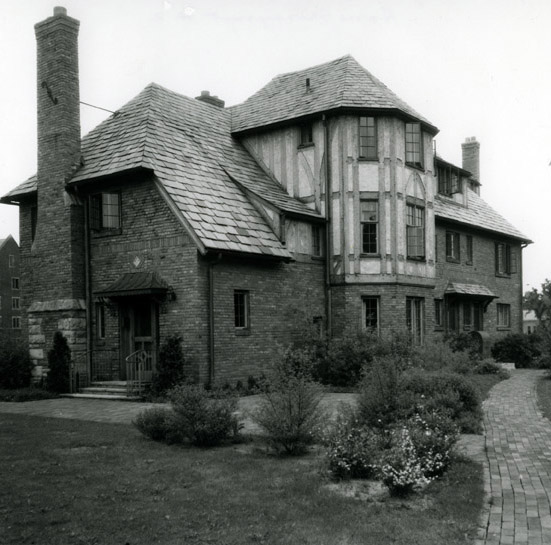Some may question the value of recognizing only one month or only one week or only one day to be aware of different groups or causes. I appreciate that annual recognitions remind us to continue learning. Carter Woodson is known for his role in promoting what we now celebrate as Black History Month. Almost 100 years ago, Woodson was concerned that, “the public knew very little about the role of African Americans in American history.” His goals were to celebrate heroic Black figures and to, “increase the visibility of Black life and history” during a time when newspapers and books emphasized the negative.
I am not a historian, but our understanding of the past can have an important impact right now. In honor of Black History Month and FCS Educator Day, (February 16, 2022) this post shares the contributions of four Black women who worked in the field of what was historically known as Home Economics and is now called Family and Consumer Sciences (FCS).
Margaret Murray Washington (1865-1925), a classmate of W.E.B. Du Bois and wife of Booker T Washington was called, “one of the greatest women of her century.” Washington was Dean of Women at Tuskegee and she worked on many home economics topics and programs throughout her career. She is known for founding the Tuskegee Women’s Club. One of their social programs was “mother’s meetings” or self-improvement clubs for women in the community. She also worked on national boards, traveled internationally, assisted her husband with his work at Tuskegee, and continued her own career after he died.

In Ohio, in the 1930s, the educational experiences of Wilhelminia Styles and Doris Weaver proved that separate was not equal with their studies in Home Economics at Ohio State University (OSU). Like other universities at the time, OSU had a Home Management House where students would live together and practice skills such as household finances, nutrition, and child care, as a mandatory course. Although Styles and Weaver were both students, as Black women, they were not allowed to live in the house or receive credit for that class. Unfortunately, the Ohio Supreme Court did not support Weaver’s right to live in the house. By taking a substitute course, both women graduated from OSU. Styles and Weaver spent part of their careers teaching in the Home Economics Department at Wilberforce University.
Lastly, Gladys Cooper Kidd Jennings celebrated a long and successful career. She has been described as an “educator, nutritionist, mentor, philanthropist.” When her grandmother was an enslaved child she learned to read. Two generations later, Jennings attended college and earned more than one degree. Like Styles and Weaver, Jennings, a 1945 OSU graduate was not welcomed to live on campus. Although she can claim many accolades and “firsts” in her life and career, “the achievements of her students—along with those of her daughter and adult granddaughters—are her greatest legacy.”
Observances like Black History Month and Family and Consumer Sciences Educator Day offer opportunities to learn about people who have contributed to our country and to our history, especially if their stories have been hidden or not acknowledged during their time. Woodson reminds, “We have a wonderful history behind us…and it is going to inspire us to greater achievements.”

